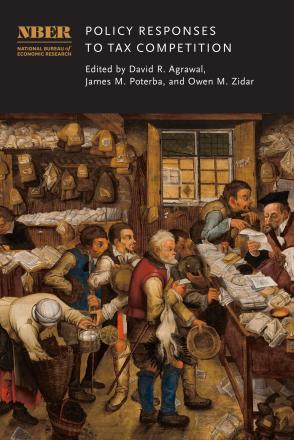Limits to Competition: Strategies for Promoting Jurisdictional Cooperation

Inefficiencies from tax competition may result in governments seeking to limit fiscal competition via tax treaties, harmonization, minimum tax rates, or interjurisdictional cooperation. I propose a general model applicable to studying many types of taxing instruments, which allows for the comparison of various policy responses to promote jurisdictional cooperation. Comparing across policies, the model suggests a clear revenue dominance of partial harmonization among a subset of jurisdictions. Minimum tax rates revenue-dominate complete harmonization, but fail to raise revenues as much as partial harmonization. A selective review of the empirical literature identifies evidence consistent with the predictions of the theoretical model. The framework sketched in this paper can be further enriched by researchers seeking to determine the welfare effects of policy responses to interjurisdictional competition.
-
Copy CitationDavid R. Agrawal, Policy Responses to Tax Competition (University of Chicago Press, 2024), chap. 3, https://www.nber.org/books-and-chapters/policy-responses-tax-competition/limits-competition-strategies-promoting-jurisdictional-cooperation.Download Citation


